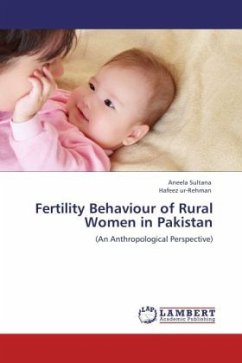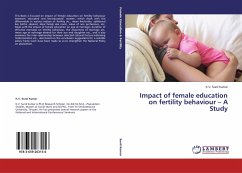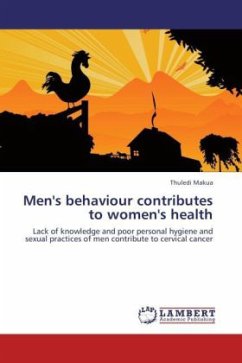Fertility Behaviour of Rural Women in Pakistan illustrates an anthropological perspective of all social and cultural factors which affect the ideas, attitudes and beliefs of rural women that underpin their fertility behaviour and eventually the process of fertility decline. The principal objective of the research was to explore the relationship between social norms, individual beliefs and fertility. The main argument, which emerged from this study, is that the large family has immense social and cultural significance for variety of reasons related to status, prestige, income and security. This study also highlighted this fact that women subjugated position does not really allow them to effectively participate in the decision making process with regards to fertility regulation because of the social constraints and culturally or traditionally defined norms. Thus, the fertility of a woman is not actually controlled by her; rather the social environment in which she lives.








